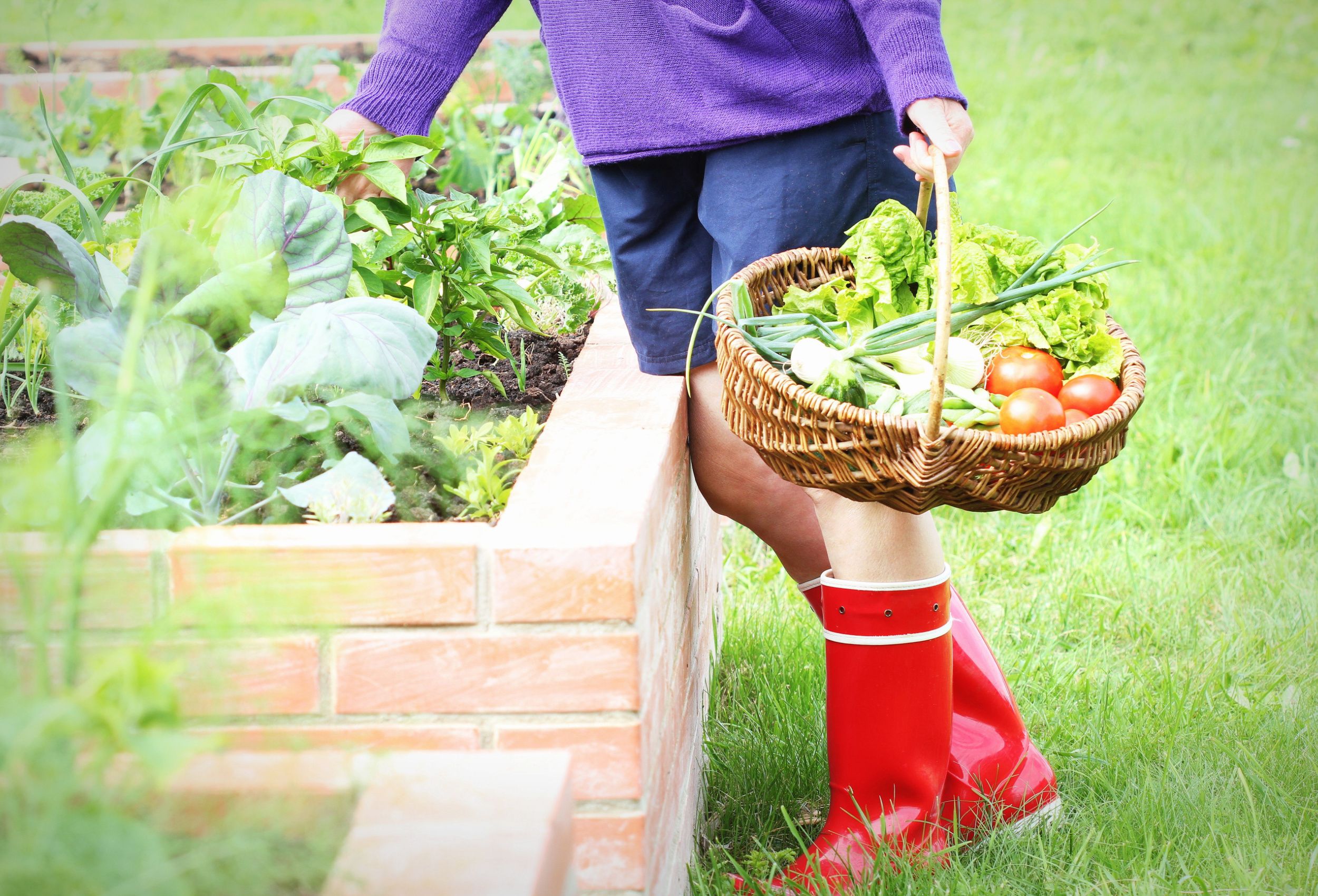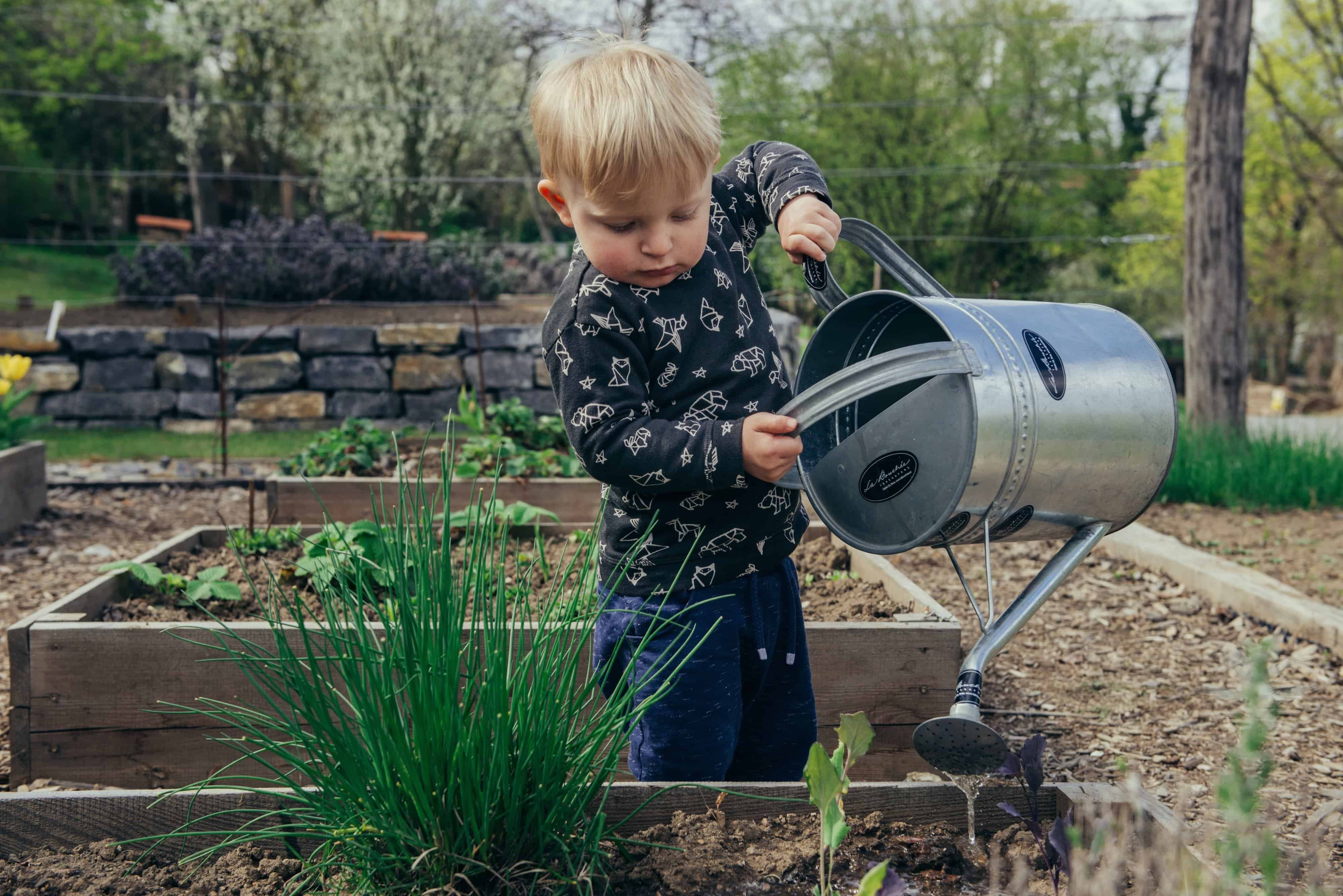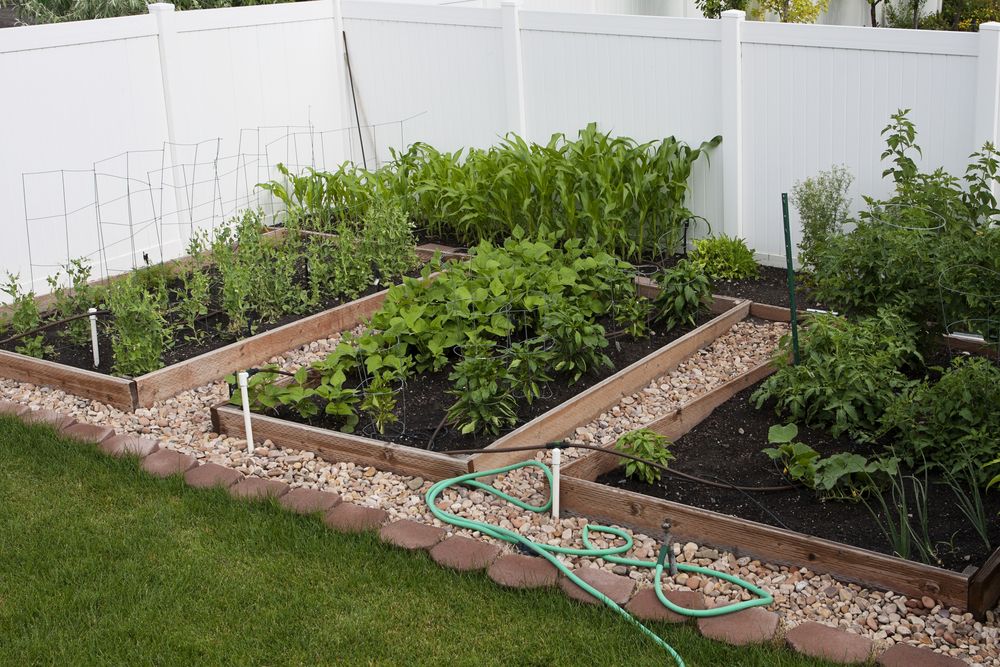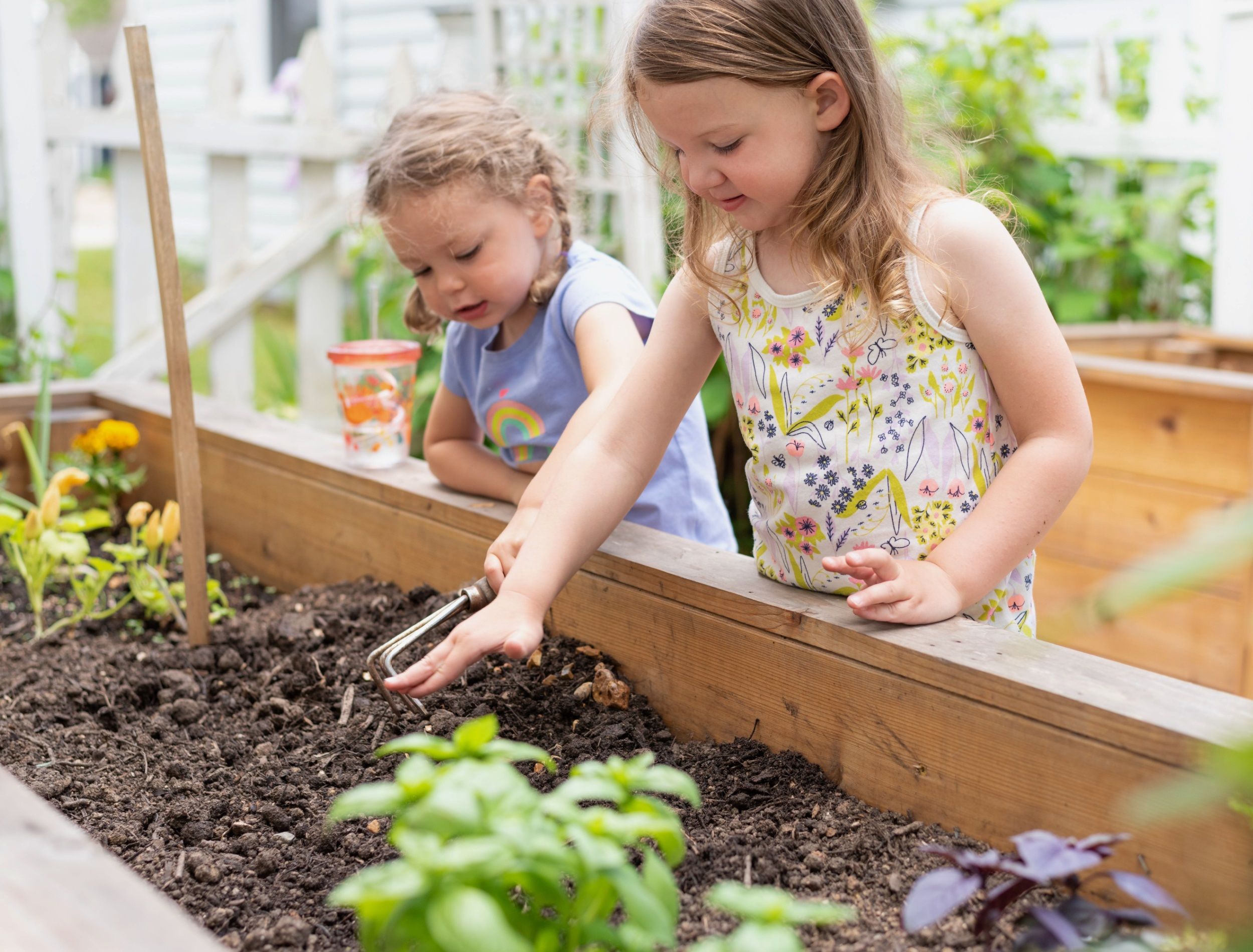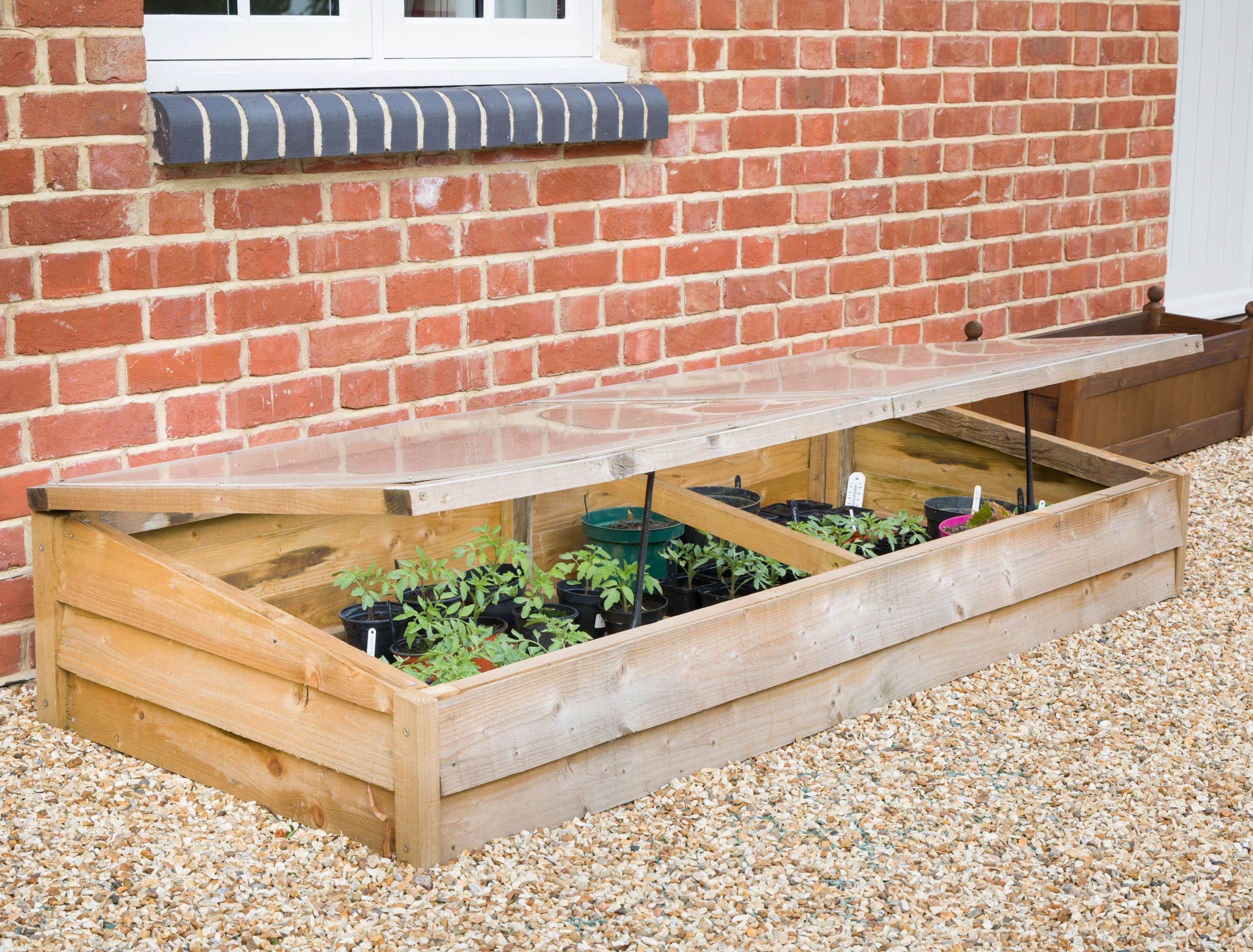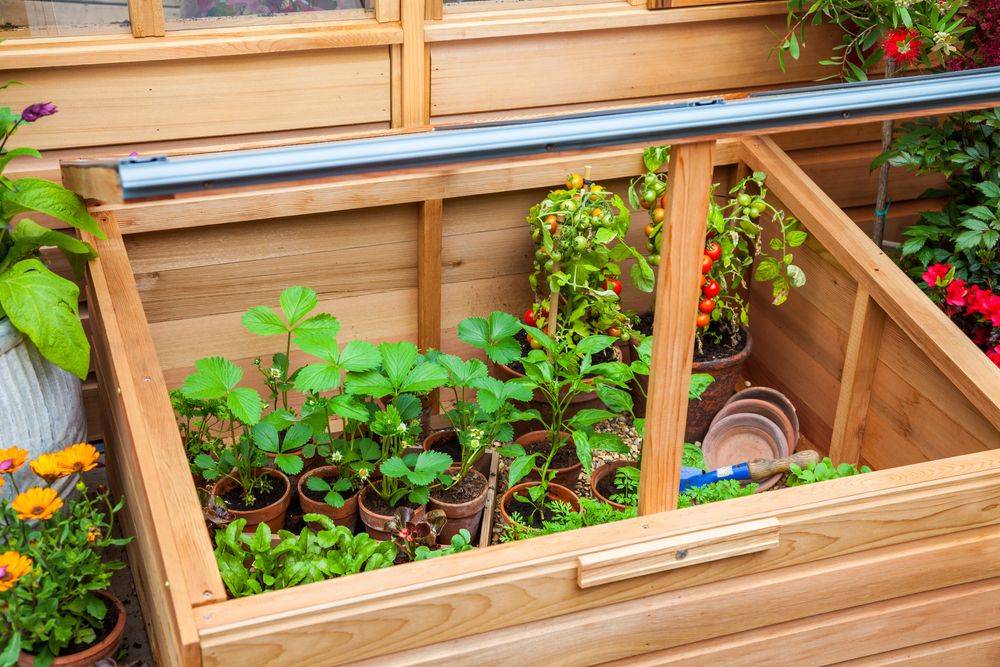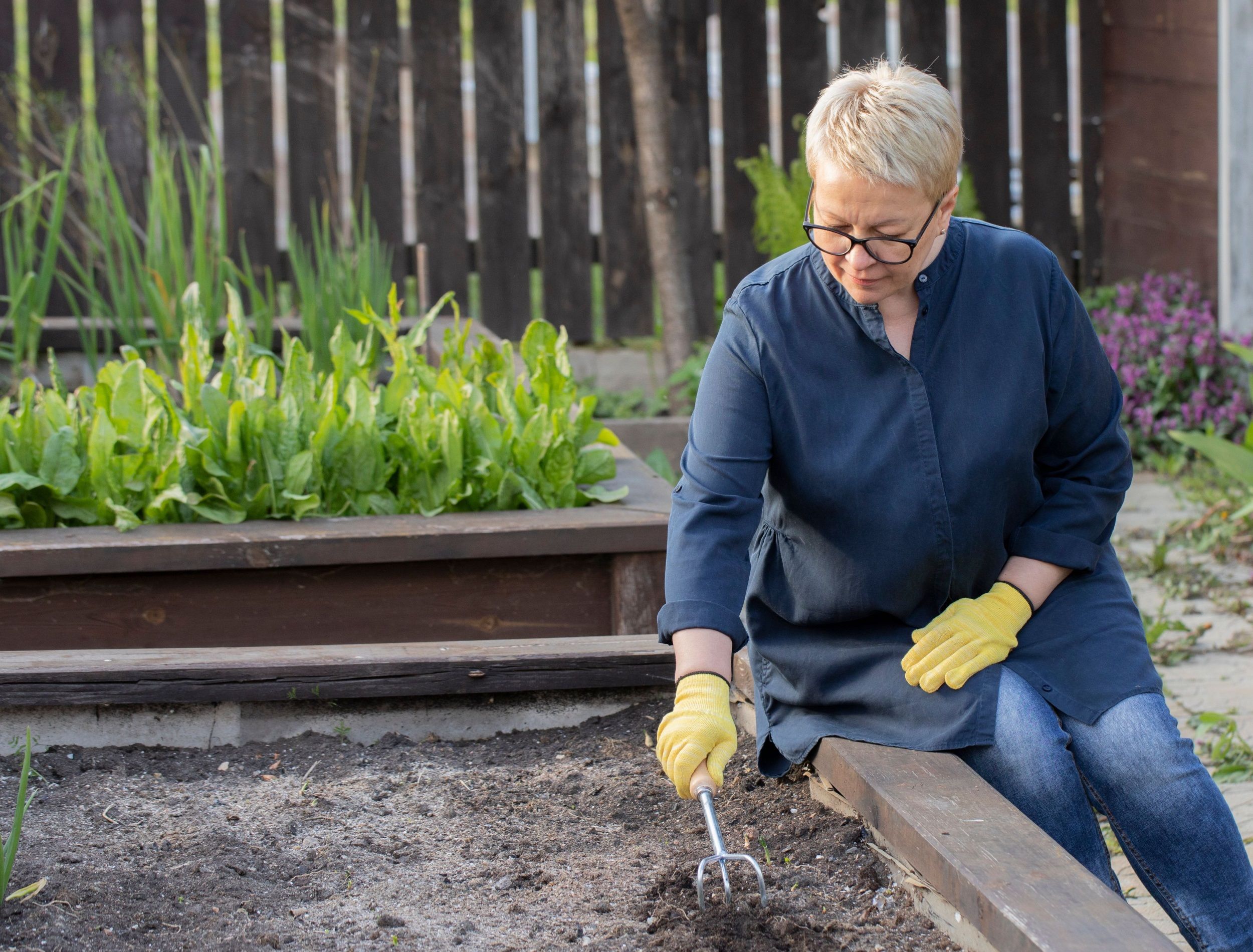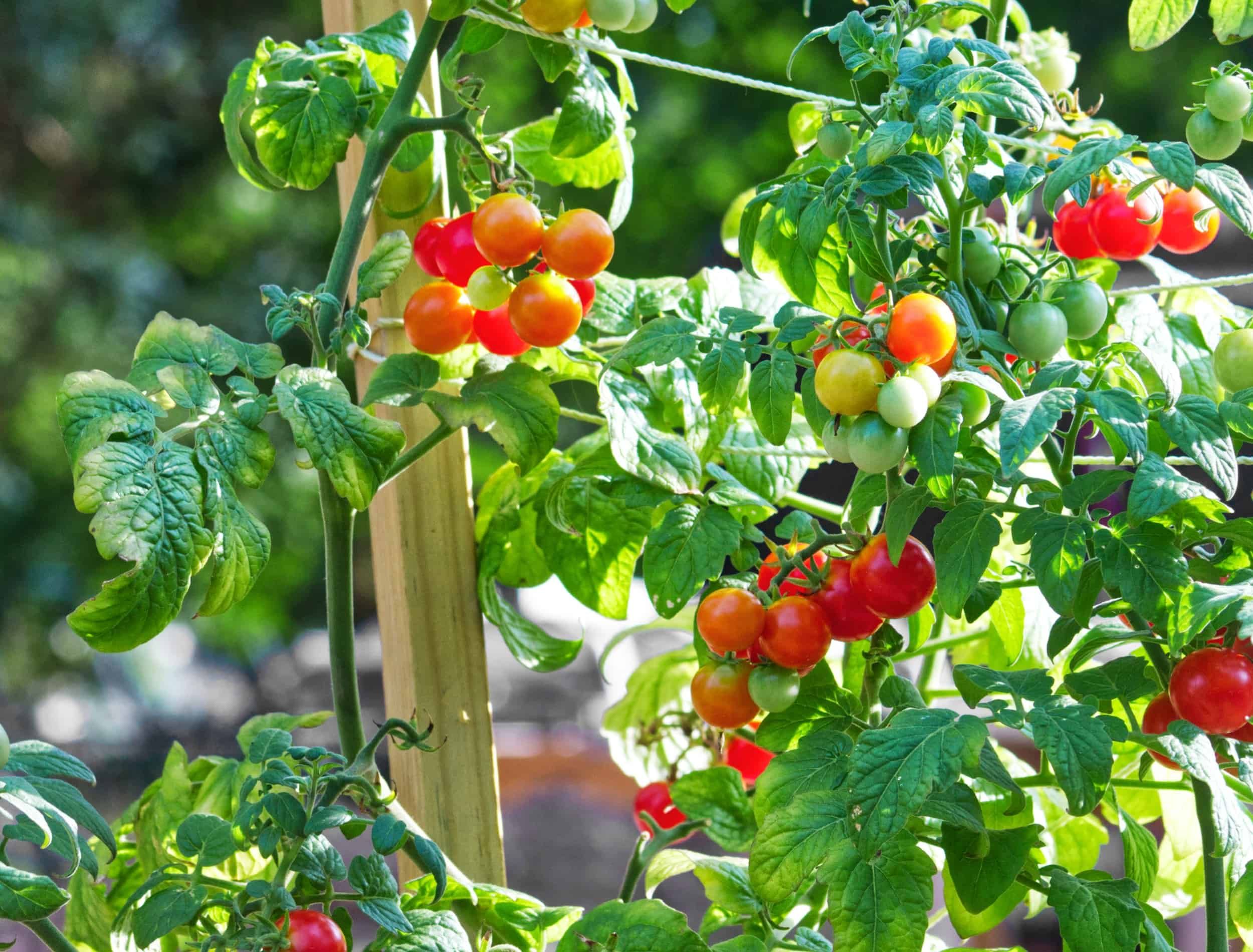A raised garden bed is an above-ground structure where you can grow a variety of plants, especially vegetables! It also provides a solution to many gardening conundrums whether you need more space or have limited mobility. Your raised vegetable garden offers more than just scrumptious veggies to enjoy throughout the year.
They're easy to DIY and the materials are often affordable. Plus, a raised garden bed makes the ideal home for your veggies and flowers. If you've never grown vegetables in raised garden beds before, there are a number of reasons it's time to start. Learn about all the ways a raised vegetable garden can help you in your gardening endeavors!
Better Water Drainage
Image credits: Filip Urban via Unsplash
If the soil in your garden tends to retain too much moisture, consider a raised garden bed -- they're known for promoting better drainage. Veggies such as brassicas, root crops, and leafy greens require plenty of drainage to thrive. Some plants, like tomatoes and squash, are even prone to disease when they are overwatered.
Using your own soil that is light and loamy stops your garden from becoming waterlogged, which protects the roots of your plants. On top of that, you don't have to worry about soil erosion during heavy rainfall since it is all contained within the garden bed.
Extra Growing Space
Image credits: Brocreative via Shutterstock
The great thing about raised garden beds is that you can build them anywhere. So if you don't have much room in your garden, you can easily build the beds on a patio, on pavement, or somewhere with poor soil quality. You can also plant more compactly and use vertical growing techniques in raised beds, meaning fewer weeds will find their way into your garden.
It is also easier to get around the garden beds without having to watch your step and worrying about compacting the soil. Just remember to keep your raised beds out of common walking spaces!
Soil Quality
Image credits: Kristen Prahl via Shutterstock
If you live somewhere with rocky or clay soil, or perhaps an area that slopes or is uneven, raised garden beds might be the solution for you. You can build them to create a flat and even space for growing. Also, use well-draining, high-quality soil to create the perfect environment for your vegetable plants.
Soil is one of the most important parts of your raised vegetable garden. As a general rule of thumb, loose, well-draining, and nutrient-rich soil is the best option. Look for a mix of clay, sand, and organic matter, or try and make your own!
Since you fill it with your own soil, you can easily add different soils and amendments such as fertilizer and compost. This ensures a nutrient-rich, well-draining location for your plants. And when the next season rolls around, you can test the soil pH and add any necessary amendments.
Pro Tip: Plant your vegetables with companion plants to improve soil quality and increase your yield. Many companion plants also prevent pests to keep your veggies as healthy and happy as possible. Examples include basil and tomatoes, beets and spinach, and carrots and lettuce.
Better Temperatures
Image credits: Paul Maguire via Shutterstock
Since the garden beds are above the ground, the soil will become warmer faster in the spring. This is ideal for extending the growing season so you can get to planting sooner. Instead of waiting until the warmer days of spring, you can plant your leafy greens, root veggies, and brassicas sooner.
You can also install a transparent lid to create a cold frame, which you can use for overwintering your perennial plants, acclimating seedlings in early spring, and extending the growing season from fall into early winter. You can continue to grow hardy plants such as potatoes, radishes, and spinach until temperatures get too cold.
Prevent Pests
Image credits: Alex Yeung via Shutterstock
A raised garden bed is also a good solution if you have problems with pests, such as rabbits. The creatures won't be able to access your plants since the barrier of the garden bed blocks them. You can also reinforce the bottom of your installation to prevent gophers and moles from making their way to your plants. Lastly, adding a row cover above your plants protects them from pests such as cabbage worms.
Pro Tip: Though rabbits and deers love to munch on legumes and lettuce, you can also deter them by planting rosemary and chives nearby.
Lower Maintenance
Image credits: Model Republique via Shutterstock
Since you have better control over what grows in a garden bed and can keep things compact, there are fewer weeds, meaning less maintenance for you. On top of that, since the beds are above-ground, you won't have to kneel or bend uncomfortably, solving issues such as back pain and leg cramps, and also making it easier to retrieve your bountiful harvest!
Raised garden beds can also be temporary if you build them with four walls and a reinforced bottom. This is ideal for renters or anyone with limited garden space.
Things to Keep in Mind
Image credits: Anya Douglas via Shutterstock
While raised garden beds boast many benefits, there are still a few things to keep in mind. While the garden beds themselves save space, you might not have the room for garden equipment you want to utilize if you have a smaller space. Also, the beds heat up faster in spring and offer plenty of drainage, but this means you'll need to water more often in the warm summer.
Large vining veggies, such as squash and tomato varieties, require a lot of room, so a raised vegetable garden might not be the best choice to house them. With that said, you can choose compact varieties and use a trellis to guide them vertically.
Get Gardening
A raised vegetable garden is the ideal solution for many gardening issues, including maintenance, lack of space, pests, and soil quality. All of these benefits mean your garden will be more productive since you can provide your plants with the best environment, nutrients, and warmth.
Do you know of any more benefits of using raised vegetable garden beds? Share in the comments below!

